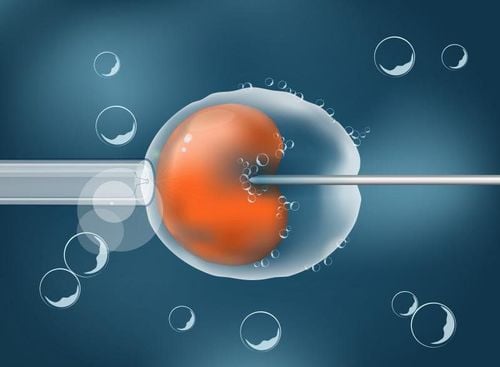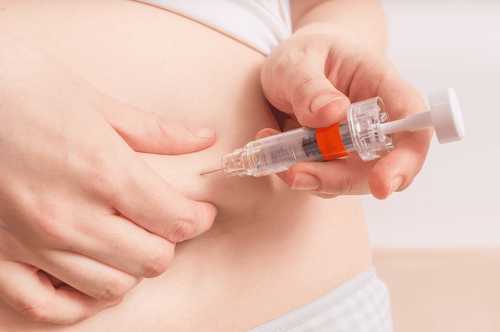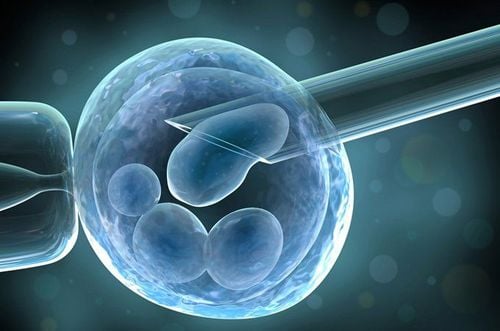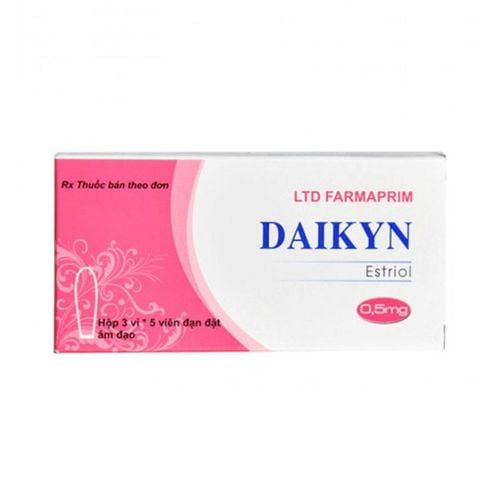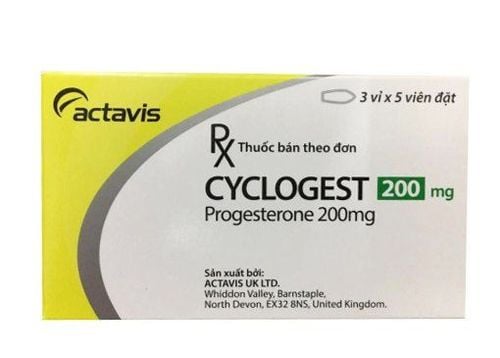This is an automatically translated article.
The article was written by MSc Huynh Vuu Khanh Linh - Department of Obstetrics and Gynecology - Vinmec Phu Quoc International General HospitalThe basic principle of in vitro fertilization is that sperm and eggs are removed from the human body, then processed and cultured under laboratory conditions. The process of embryogenesis and embryo culture in the early days also takes place outside the body. The resulting embryos are then selected to be implanted back into the woman's uterus.
1. Cases that need to do in vitro fertilization
Bilateral fallopian tube blockage Severe endometriosis Low sperm count, weak sperm, malformation No sperm in semen need to get sperm by epididymectomy, testicular infertility Unexplained infertility, sperm injection many times failed Asking for eggs
2. In vitro fertilization process
Depending on the case, the doctor will let the wife stimulate the ovaries according to the appropriate regimen. The duration of taking the drug ranges from 10-15 days.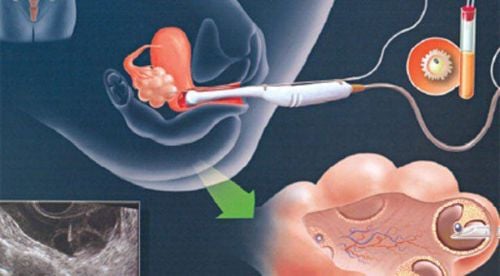
Người vợ sẽ được dùng thuốc kích thích buồng trứng trong khoảng 10-15 ngày
During ovarian stimulation, the doctor monitors the eggs with an ultrasound of the follicles and blood tests (usually 3 - 6 times), and adjusts the medication depending on each person's response. When eggs are satisfactory, hCG injection is given to stimulate ovulation. The wife was aspirated 36-40 hours after the injection. During this procedure, the patient is given light and local anesthesia. After egg aspiration, the wife lay down to monitor pulse, blood pressure... at the hospital for 2-3 hours. The same morning, the husband took the sperm and brought it to the lab to prepare for implantation.
3. Embryo transfer
Embryos are monitored in the lab. Embryo transfer to the uterus is done 2 or 3 days after egg retrieval. If excess, qualified embryos are stored. After embryo transfer, the wife only rests in bed for about 2-4 hours, then goes home normally. At home, the wife continues to take and prescribe medication to support the implantation and development of the embryo. 2 weeks after a blood test to confirm pregnancy. If you are pregnant, you will be scheduled for an ultrasound 3 weeks later. If she fails this time, but she still has embryos left, the wife can use the stored embryos to transfer to the uterus for the next time.
4. Pregnancy test
The patient will go to the hospital 14 days after the embryo transfer to have a blood test to determine whether she is pregnant or not.
If pregnant, the patient will be given pregnancy medication and scheduled for an ultrasound after 3 weeks to confirm the presence of a fetal heart and be guided for regular antenatal check-ups.
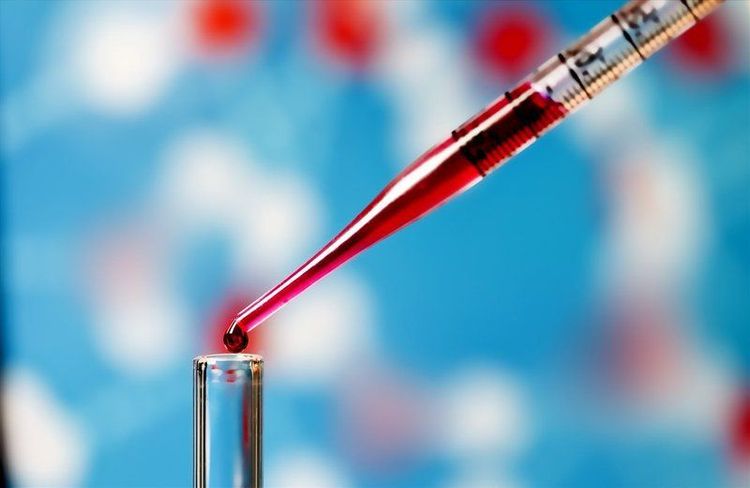
Người bệnh sẽ đến bệnh viện để thử thai sau khi chuyển phôi 14 ngày
5. Success rate
The success rate is high in women under the age of 35. However, the chance of success depends on many factors related to the cause of infertility.
The success rate of the current in vitro fertilization method is about 40-50%
6. In vitro fertilization – Ask for eggs
In vitro fertilization please - give eggs is an assisted reproductive technology with the participation of 3 people: husband, wife and egg donor. Egg donors receive ovarian stimulation and aspiration to retrieve eggs; the donor's eggs will be fertilized with the recipient's husband's sperm using IVF or ICSI techniques to create embryos; The embryo will be transferred to the uterus prepared by the exogenous hormone of the wife.
Subjects needing eggs
Wife aged 18-45 years old Poor response to ovarian stimulation Failure of more than 4 cycles of in vitro fertilization Age Perimenopause Genetic abnormalities
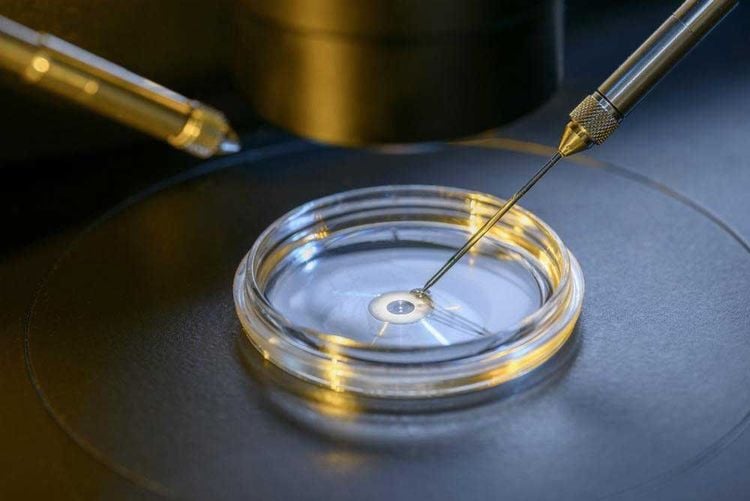
Thụ tinh trong ống nghiệm xin - cho trứng sử dụng kỹ thuật IVF hoặc ICSI để tạo phôi
Criteria for egg donors Age 18-35 Married and at least one normal and healthy child, the youngest is older than 12 months. No surgical disease, sexually transmitted disease, genetic disease. Test HBsAg , HIV, BW negative Endocrine test evaluates ovarian function normal. There was no history of surgery on the ovaries. No ovarian tumor, endometriosis Not breast-feeding. Do not use hormonal contraceptives. Advantages when customers choose Vinmec fertility center:
Equipped with modern equipment, clean air system according to international standards to ensure lab quality, single incubator system to optimize embryo quality , improving the success rate for each cycle of artificial insemination. Implement most advanced assisted reproductive techniques in the world: ICSI (injection of sperm into the oocyte cytoplasm); support embryo escape membrane; Reproductive reserve: embryo freezing, sperm freezing, ovum freezing to help customers take the initiative in giving birth at will, transferring embryos on day 5, minimizing pregnancy; male infertility techniques (PESA, MESA, TEFNA, TESE) Besides advanced reproductive support methods, a team of excellent doctors in the country and the world, with prestige and long-term experience in the field of infertility .
Please dial HOTLINE for more information or register for an appointment HERE. Download MyVinmec app to make appointments faster and to manage your bookings easily.




